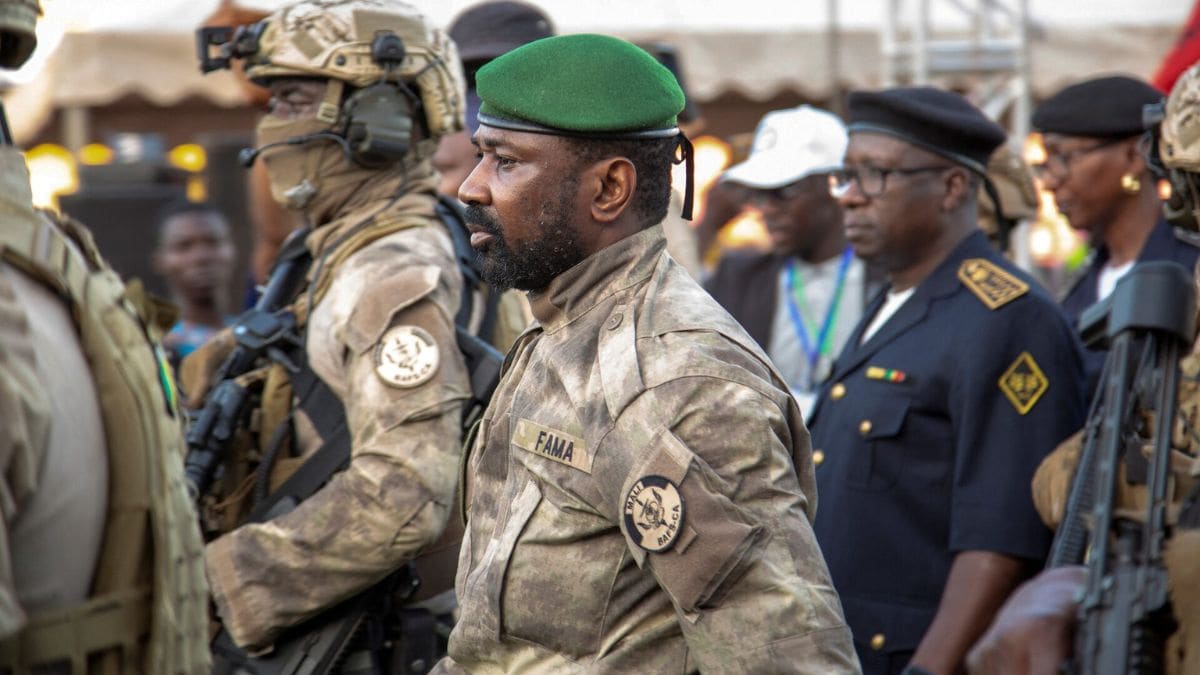
Military-led governments in Mali, Burkina Faso, and Niger have made a series of moves recently to assert greater control over their mineral resources. Global gold companies have been in the line of fire
read more
Earlier this month, Malian soldiers swooped into one of the country’s largest gold mines by helicopter. They ended up seizing three tonnes of gold on the orders of the country’s military government.
The operation, which took place at the Loulo-Gounkoto complex– majority-owned by Canadian firm Barrick Gold– was the latest in a series of moves by military-led governments in Mali, Burkina Faso, and Niger to assert greater control over their mineral resources.
Global gold mining companies take a hit
Miners at the complex said soldiers arrived unannounced, confiscated phones from those attempting to document the raid, and flew the gold—valued between $260 million and $290 million—back to the capital, Bamako.
The confiscation followed weeks of tensions between Malian authorities and Barrick Gold, which owns 80 per cent of the site.
But that isn’t all. The Malian government is demanding hundreds of millions of dollars in unpaid taxes from Barrick Gold.
In November 2024, authorities detained four of the company’s local employees and, in a separate case, arrested executives of Australian firm Resolute Mining before reaching a $160 million settlement.
Other companies, including Canada’s Allied Gold, B2Gold, and Robex, have also faced pressure to revise their contracts and settle tax disputes.
Juntas move to nationalise resource revenues
The military governments of the Sahel have increasingly sought to renegotiate foreign mining contracts, arguing that previous deals were exploitative.
Gold mining accounts for a quarter of Mali’s national budget and about 14 per cent of Burkina Faso’s revenue.
Mali’s junta claims it has recovered more than $1 billion through contract negotiations and expects annual revenues from the sector to rise by nearly $950 million—about 20 per cent of the national budget.
Burkina Faso’s government took similar action last year when it requisitioned 200 kilograms of gold from a Canadian mining company. Niger’s junta, meanwhile, seized control of a French nuclear firm’s uranium mining operations in 2023.
Juntas playing to public sentiment?
Nina Wilen, Africa director at the Egmont Institute, said the juntas are playing to public sentiment by pushing a sovereignty-driven agenda, rejecting Western influence, and seeking alternative partners. Experts warn the strategy could deter foreign investment, but others argue that new players—including China, Russia, and Turkey—are eager to fill the void.
“New private partners are arriving from everywhere,” said Malian mining engineer Oumar Baba Sy. “Nobody has a monopoly[…]If you don’t want to invest in these countries, others will.”
With inputs from agencies


